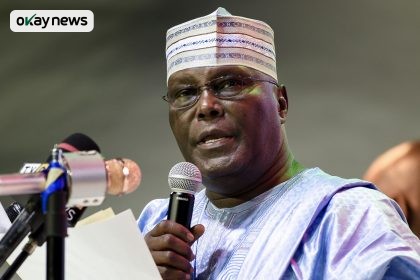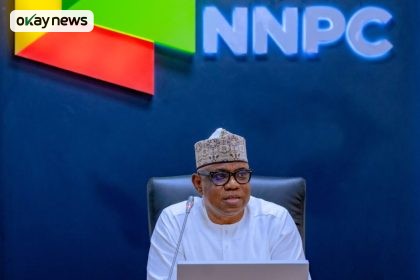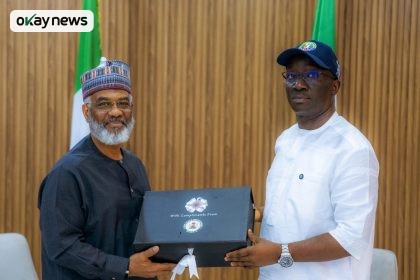Nigeria’s Excess Crude Account (ECA) has grown by 13% over the past two years, while the Stabilisation Account has more than tripled, according to a review of presentations made by the Accountant-General of the Federation to the National Economic Council (NEC).
The analysis covers 15 NEC meetings held between 15 June 2023 and 23 October 2025 under the administration of President Bola Tinubu.
The ECA, a sovereign savings buffer created in 2004 to store oil revenues above the budget benchmark price, rose from $473,754.57 at the council’s inaugural meeting to $535,823.39 in October 2025—an increase of $62,068.82. Meanwhile, the Stabilisation Account, designed to cushion state and local governments against revenue shortfalls, surged from ₦26.63 billion to ₦87.67 billion, a 229% increase. The Development of Natural Resources Fund also grew by 46%, from ₦96.90 billion to ₦141.59 billion.
Despite the modest growth in the ECA, its balance remains a fraction of its former peak of over $20 billion during the 2008 oil boom under President Umaru Musa Yar’Adua. The account has since been depleted by successive withdrawals and oil price volatility.
The recent uptick reflects key policy shifts by the NEC, including the reconstitution of committees on crude theft and economic affairs in December 2023. At the time, Nigeria’s daily oil production had fallen to between 700,000 and 800,000 barrels per day—well below its OPEC quota—resulting in foreign exchange shortfalls. Production has since recovered to approximately 1.7 million barrels per day in 2025.
During the review period, NEC also endorsed the $617.7 million i-DICE programme to promote tech jobs, supported food security initiatives, and approved a nationwide crackdown on gold smuggling. Sectoral reforms in the power sector and upgrades to security training institutions were also backed.
The council, chaired by Nigeria’s Vice President and comprising all 36 state governors, the Central Bank Governor, and key ministers, meets monthly to coordinate economic policy. However, its sessions have been sporadic in recent months.







